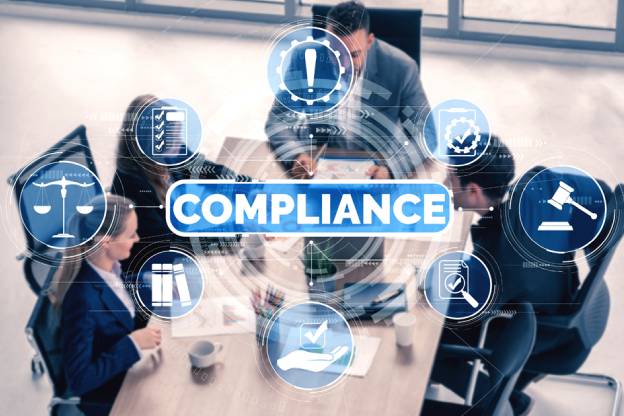
In recent years, the threat landscape of cybersecurity has evolved, and the responsibility for safeguarding your business no longer solely belongs to your IT department or outsourced IT company. The consequences of not addressing this shift can be financially devastating. This article serves as a wake-up call to CEOs and small business owners, urging them to take a more active role in managing cybersecurity and compliance.
Cybersecurity threats have escalated, affecting businesses of all sizes and industries. These attacks no longer represent a minor inconvenience; they can lead to substantial financial losses, reputational damage, and even business closure. Despite these risks, many CEOs and business owners continue to delegate critical decisions about risk tolerance and compliance policies to their IT teams. This practice is no longer acceptable.

